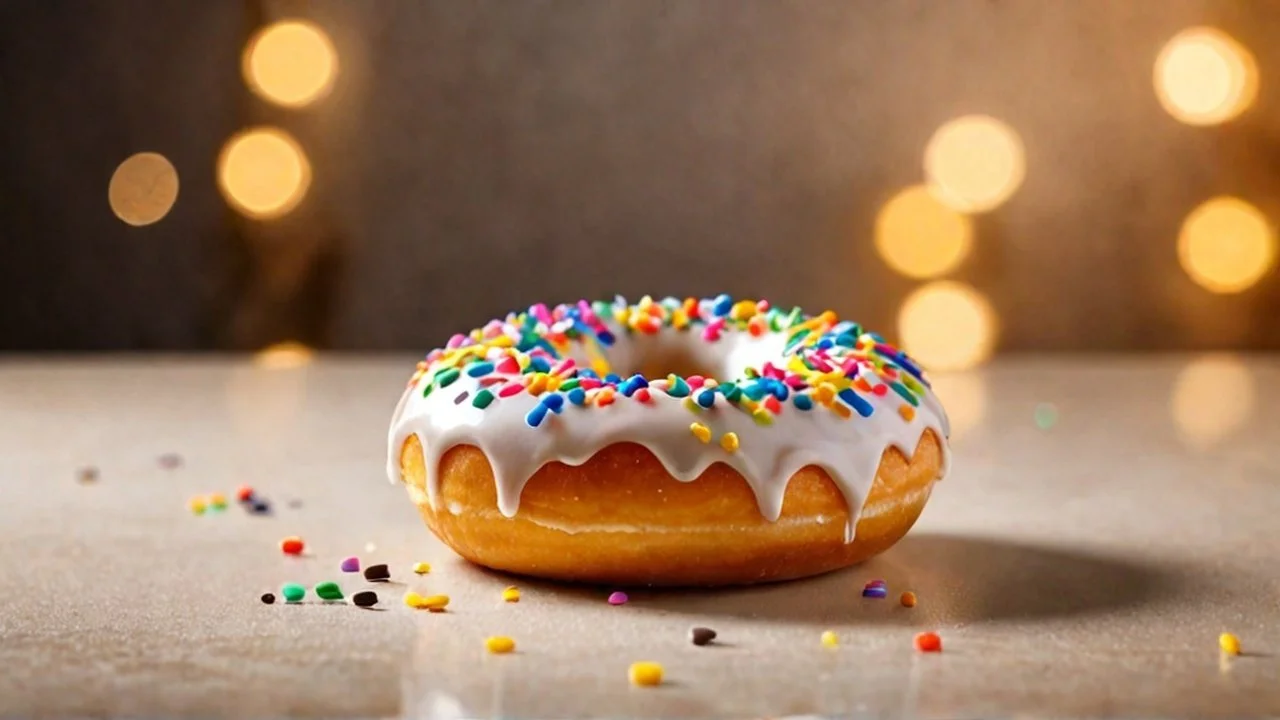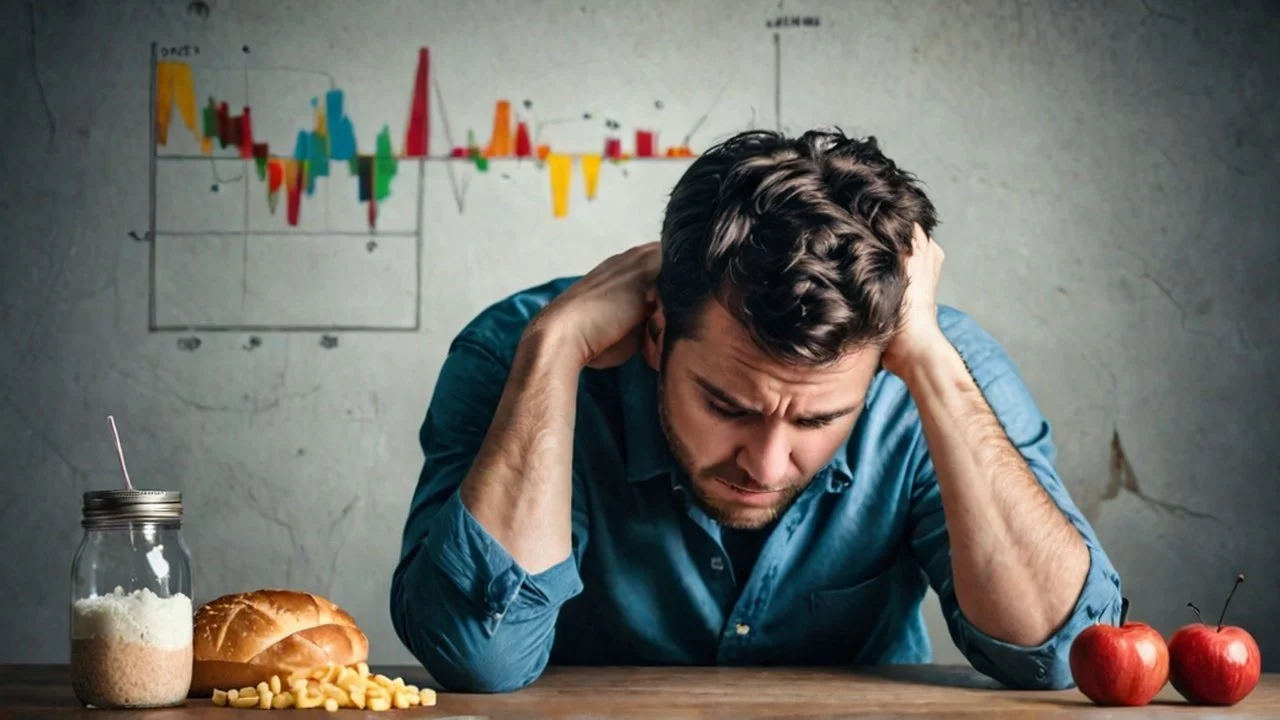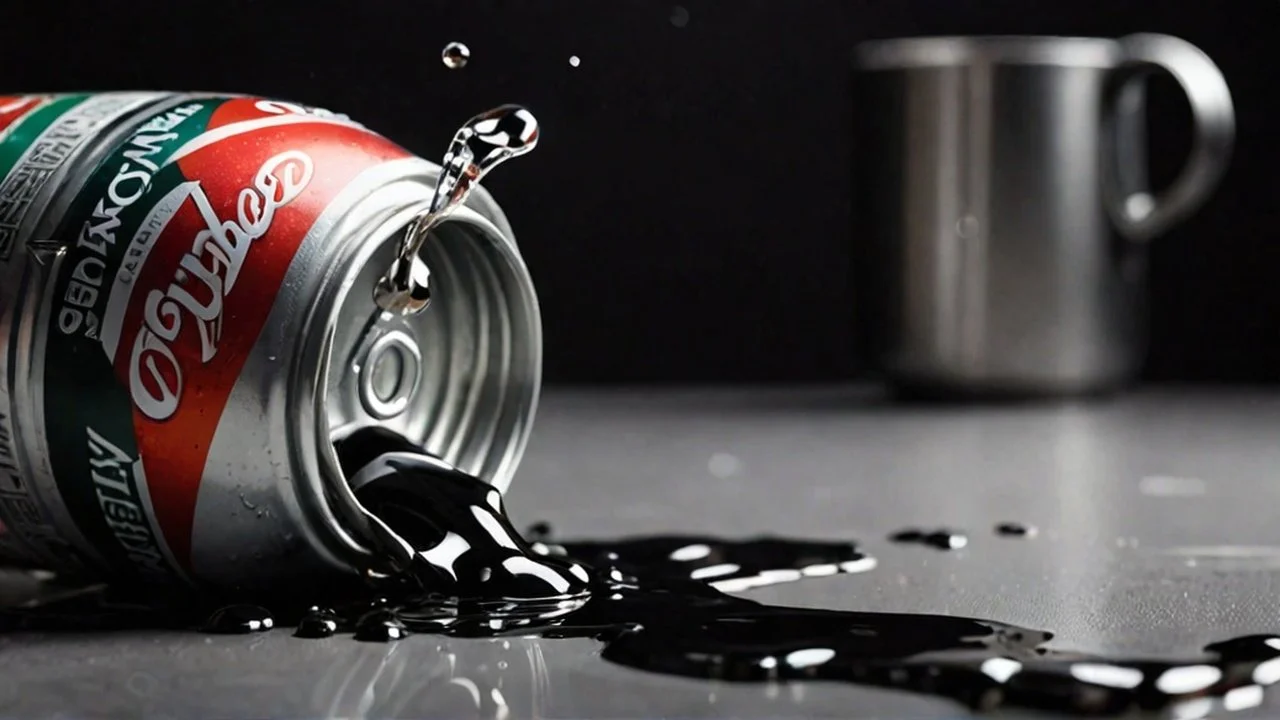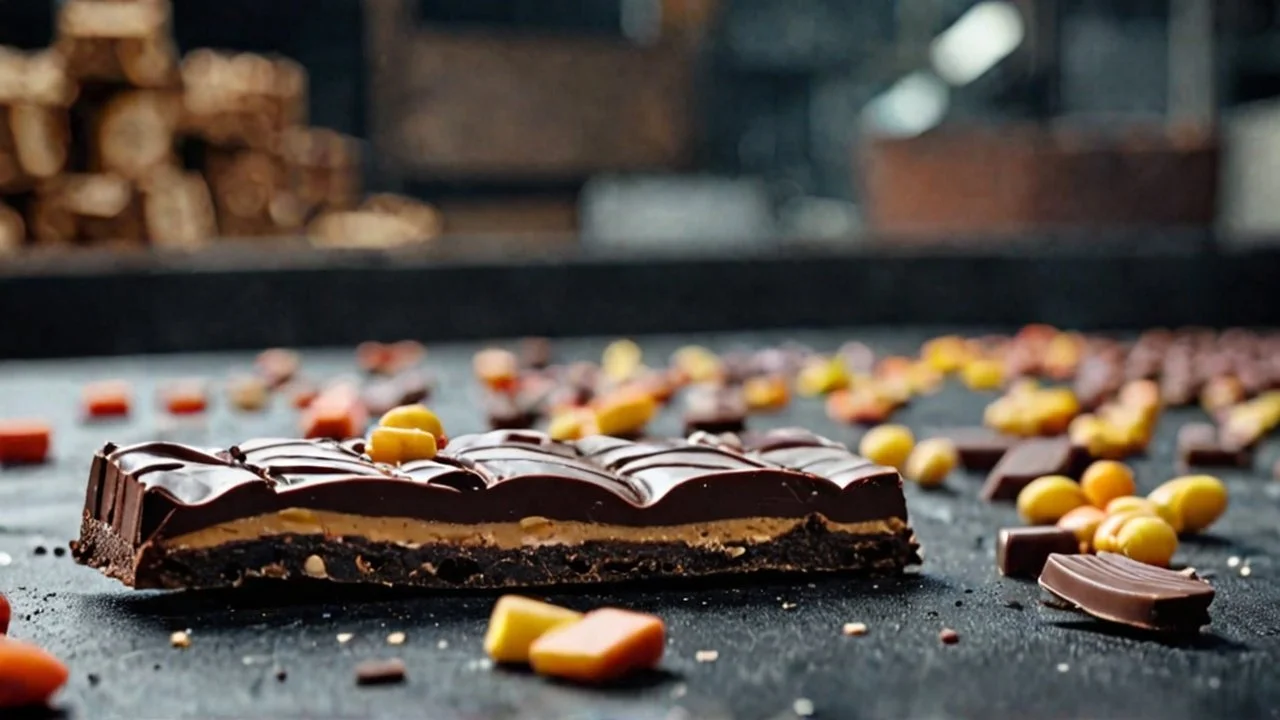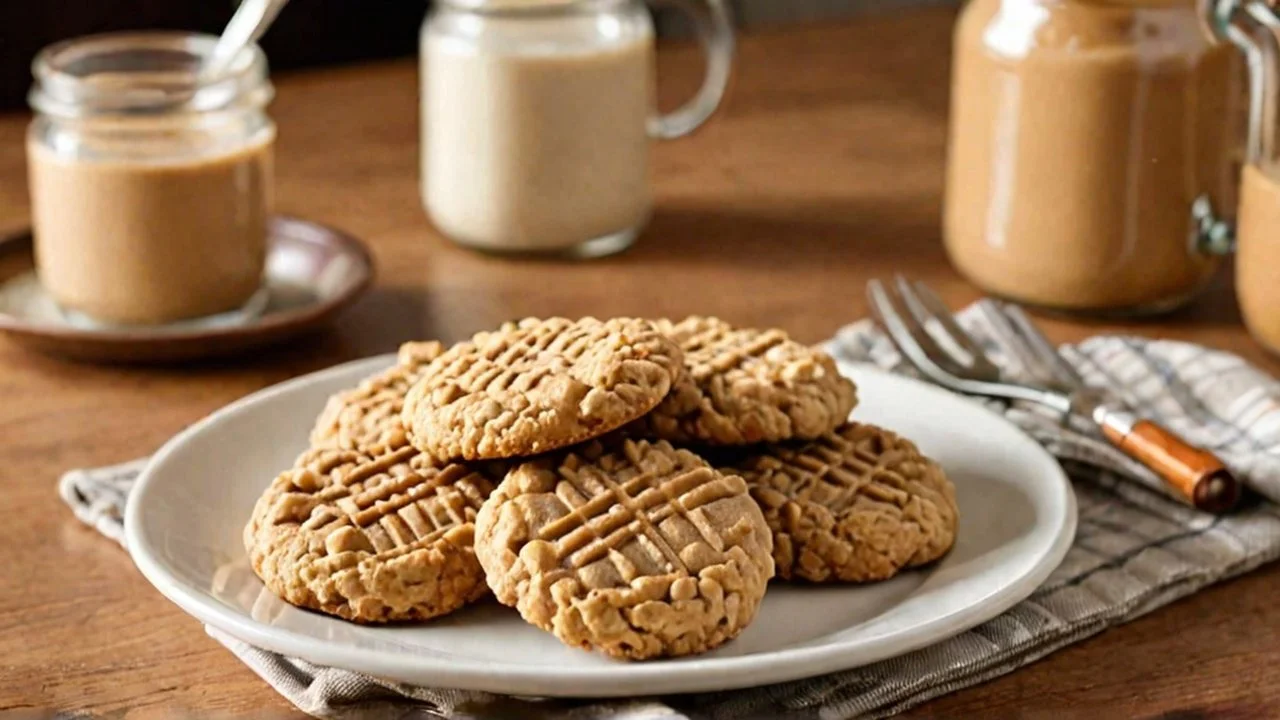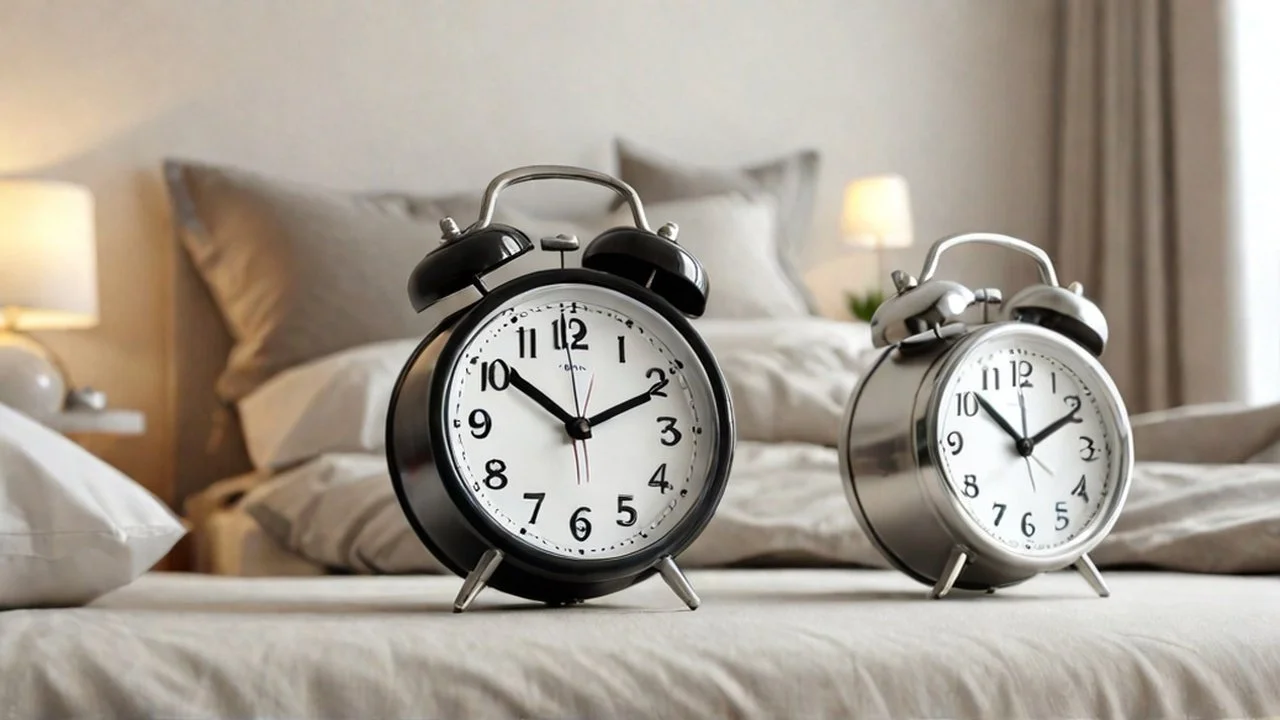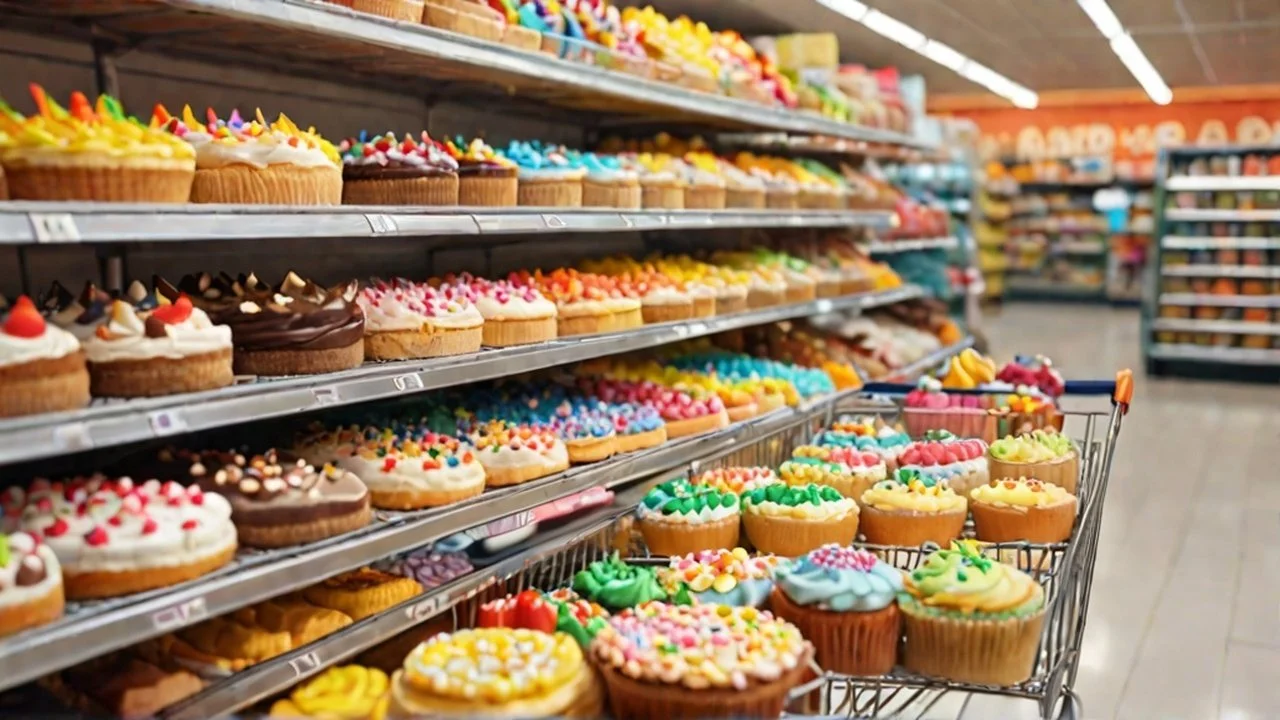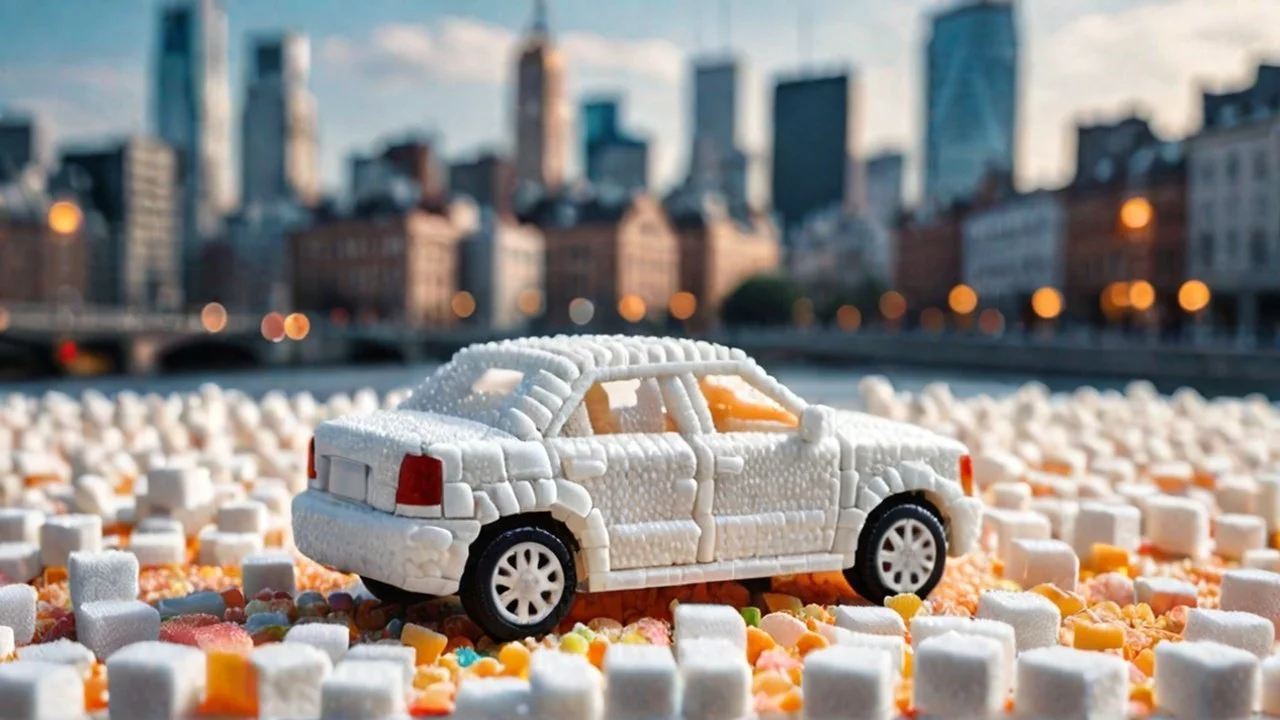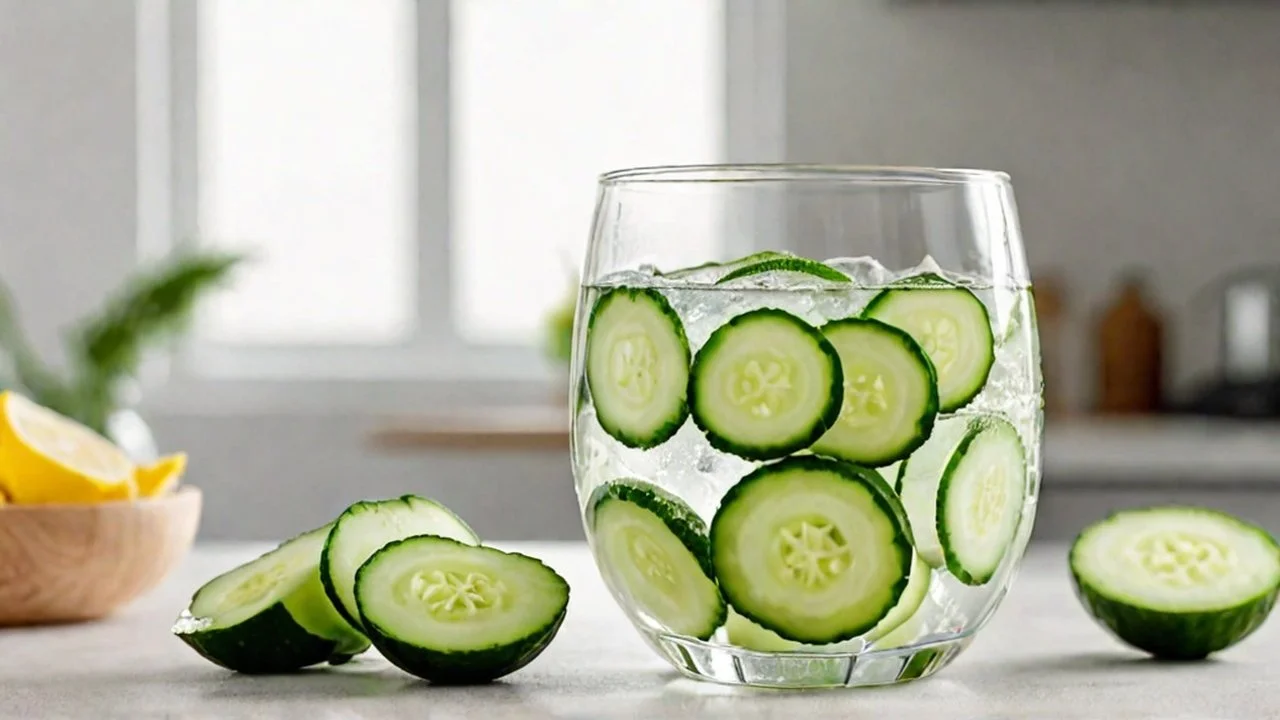10 Surprising Signs You’re Addicted To Sugar: How to Beat Sugar Addiction. Part 1
10 Surprising Signs You’re Addicted to Sugar (Spoiler: You Probably Are!)
Let’s face it: sugar is everywhere. From your morning coffee creamer to the afternoon "pick-me-up" candy bar, we live in a world that’s practically fueled by the sweet stuff. But here’s the kicker—you might be more addicted to sugar than you think. Sugar addiction is sneaky, and most of us don’t even realize that we’re hooked. What might seem like an innocent love of desserts could actually be a full-blown addiction that's silently affecting your health.
So, how do you know if you’re in sugar's sticky clutches? Here are 10 surprising signs that you might be addicted to sugar—along with some tips on how to break free.
1. You’re Constantly Craving Something Sweet
Maybe you’ve tried cutting out sugar, but by the end of the day, you’re raiding the pantry for anything remotely sweet. If the idea of going a day (or heaven forbid, a week) without sugar sends you into a panic, that’s a flashing neon sign that you’re dealing with a sugar addiction. Best Detox teas
Truth bomb: If going sugar-free for a day feels like torture, it’s time to admit that sugar has you hooked.Do you catch yourself fantasizing about donuts at random moments? Or maybe your grocery list always includes a sweet treat “just in case.” One of the most tell-tale signs of sugar addiction is that you’re constantly thinking about your next sugar fix. Even if you’re not hungry, your brain still nudges you toward cookies, candy, or something sugary. Best Protein Bars: Smart Mouth
Why it happens:
When you eat sugar, your brain releases dopamine, the “feel-good” chemical. This makes you feel happy and satisfied for a short period of time—just like a drug. And just like any addictive substance, the more you eat, the more you need to experience that same high. So if you’re daydreaming about sugar even after a big meal, your brain is hooked on the sweet stuff. This leads to a yoyo effect on your blood sugar levels, products such as these are designed to assist in maintaining healthy blood sugar levels and support weight management. It has helped many individuals, allowing them to work towards their health goals from the comfort of their homes.
2. Afternoon Energy Crashes Are Your Norm
If you regularly hit a mid-afternoon slump where you feel like you’re moving in slow motion, your sugar consumption might be the culprit. Sugar gives you a quick burst of energy (thanks to the spike in blood sugar), but the crash that follows leaves you feeling tired and sluggish. That mid-afternoon slump is sugar addiction’s best friend. If you’re nodding off at your desk around 2 or 3 p.m., your body might be crashing after a sugar high from breakfast or lunch. Sugar gives you that quick boost of energy, but when it wears off? You’re left feeling like a zombie in a meeting.
You know you're addicted when: Your solution to the energy crash is reaching for—you guessed it—more sugar (hello, energy drinks and candy bars). Best Vita Greens for Energy.
Why it happens:
When you eat sugary foods, your blood sugar levels shoot up rapidly. In response, your body pumps out insulin to bring those levels back down. Unfortunately, insulin tends to overcompensate, causing your blood sugar to drop too low. The result? You feel exhausted and end up craving more sugar to get your energy back up—a vicious cycle. In addition to cutting out sugar, manage your blood sugar levels with this and you will not need insulin shots or medication.
You know you’re addicted when: Instead of reaching for water or a healthy snack when you’re tired, you automatically go for another sugary treat to fight the fatigue. Best Affordable Blenders For Smoothies.
3. You Can’t Stop Searching for Sugar
Do you find yourself scanning the kitchen for anything remotely sugary when the cravings hit? You know you’re in deep when you’re willing to turn that forgotten jar of jam into a snack, or you’ve become an expert at locating hidden candy stashes. (Don’t worry, we won’t tell anyone about the “emergency” Snickers in your glove compartment.)
Fun fact: If you could win a prize for finding sugar in the strangest places, it might be time to rethink your relationship with the sweet stuff.Have you ever raided your pantry or fridge looking for just anything sweet when a craving hits? We’ve all been there—eating a handful of chocolate chips or slathering peanut butter with honey just to satisfy that craving. If you find yourself constantly hunting for sugar, you might be addicted.
Why it happens:
Sugar cravings trigger your reward center in the brain, making you feel like you need something sweet. This turns you into a sugar detective, always on the lookout for the next sugary hit—even if you’re scrounging for the last cookie crumbs or an old granola bar.
Reality check: If you're treating your kitchen like a scavenger hunt for sweets, your brain has likely developed a dependency on sugar.To regulate your blood sugar better click here.
4. Your Moods Are All Over the Place
Ever find yourself going from zero to hangry in the time it takes to read this sentence? If you’re constantly snapping at people or feeling shaky and irritable between meals, your blood sugar levels could be playing tricks on you. When you’re addicted to sugar, your body becomes dependent on regular hits of the sweet stuff, and when those levels dip? Look out, world.
Reality check: If the people around you start handing you snacks to keep the peace, it’s a sign you’re probably riding the sugar rollercoaster.Ever gone from happy and chill to snappy and irritable in a matter of minutes? That’s a sign that your blood sugar levels are fluctuating, likely due to your sugar intake. Sugar addiction doesn’t just mess with your waistline—it can also cause serious mood swings.Delicious 3 Day Raw Food Cleanse.
Why it happens:
When your blood sugar spikes and crashes, it can wreak havoc on your hormones, particularly those responsible for regulating mood. Low blood sugar (hypoglycemia) can make you feel anxious, irritable, and even shaky. You might feel euphoric after eating sugar, but when the high wears off, you’re left feeling worse than before.
Pro Tip: If your friends or family have started warning others to "stay away until after lunch," it could be your sugar addiction talking.
5. You’re Always Thirsty (and Peeing a Lot)
If you feel like you’ve become a camel, constantly thirsty but never really satisfied, it could be because of too much sugar. Your body tries to flush out excess sugar through your urine, leaving you dehydrated and reaching for more water. Or worse—another sugary drink. Best Replacement For Sodas.
Heads up: If you’re guzzling water like it’s going out of style, check your sugar intake. Your sweet addiction might be drying you out. Best Raw Cleanse.
Constantly feeling thirsty even when you’re not eating salty foods? Your sugar habit could be to blame. Excessive thirst is often linked to high blood sugar levels, which cause your kidneys to work overtime to flush out the extra sugar.
Why it happens:
When your blood sugar is too high, your body tries to get rid of the extra glucose by filtering it out through your kidneys. This makes you pee more frequently, which in turn makes you more thirsty. You drink more, but that doesn’t seem to help.
Warning sign: If you're constantly reaching for water but still feel parched, your high sugar intake might be putting too much stress on your kidneys.
6. Your Skin Isn’t Happy
Sugar on a Cellular Level: What’s Really Happening Inside?
Sugar isn’t just causing cravings and expanding waistlines—it’s doing serious damage on a cellular level. When sugar enters your bloodstream, your body converts it into glucose, which your cells use for energy. But here’s the problem: too much sugar overloads your system, causing your body to store the excess as fat.
On a cellular level, sugar triggers a process called glycation, where sugar molecules attach to proteins and fats in your body, forming harmful compounds known as Advanced Glycation End-products (AGEs). These AGEs damage collagen and elastin, the proteins that keep your skin smooth and supple, which is why a high-sugar diet can accelerate aging. Wrinkles? You can thank sugar for those. Best Raw Cleanse.
And it’s not just your skin that’s suffering. Excess sugar inflames your organs, contributes to insulin resistance (a precursor to diabetes), and messes with your liver, which has to work overtime to process all that fructose. Sugar, in short, is a cellular saboteur.
Why it happens:
When you eat too much sugar, it increases insulin levels, which leads to inflammation throughout the body—including your skin. This inflammation can cause acne, irritate conditions like eczema, and even break down collagen, causing your skin to age faster.
Pro Tip: If your skin is constantly rebelling, consider cutting back on sugar before buying that expensive face cream.
7. You Can’t End a Meal Without Dessert
Even after a big meal, your brain still whispers, “What’s for dessert?” Sound familiar? If you always need something sweet after eating, it’s a strong sign that your brain is wired for sugar. It’s not that you’re still hungry—it’s just that your brain is craving a dopamine hit to wrap things up.
Why it happens:
When you regularly indulge in sugary desserts after meals, it becomes a habit. Over time, your brain begins to expect sugar after every meal, even if you’re already full. Breaking this habit can be tough, but it’s necessary if you want to kick your sugar addiction.
Reality check: If you can’t remember the last time you didn’t have dessert, it’s time to reassess your sugar habits.
8. One Cookie is Never Enough
Have you ever started with “just one bite” of cake, and before you know it, half of it’s gone? Sugar addiction makes it hard to stop once you’ve started. That’s because sugar lights up the reward centers in your brain—just like a drug—and it keeps you wanting more.
Confession time: If you’ve ever found yourself finishing an entire bag of candy when you promised yourself “just one,” you know what I’m talking about.Does your brain feel like it’s stuck on a loop that repeats “cookie…cookie…cookie” until you give in? One of the classic signs of sugar addiction is constant cravings for sugary snacks. Even when you’re full, your brain wants something sweet. It’s like your internal cookie monster never takes a day off.
You might tell yourself you’ll have "just one bite" of cake or "just one cookie," but before you know it, half the plate is gone. Sugar has a way of making you lose control, and that’s one of the clearest signs of addiction.
Why it happens:
Sugar stimulates your brain’s reward system—the same area that’s activated by addictive substances like drugs and alcohol. This makes it hard to stop once you’ve started. Your brain gets flooded with dopamine and says, “more, more, more!”
Warning: If you often find yourself reaching for "just one" and end up eating way more than planned, it’s not just a lack of willpower—sugar has hijacked your brain.
9. You Feel Tired Even After a Good Night’s Sleep
Do you wake up feeling groggy, no matter how much sleep you get? Sugar could be messing with your energy levels, leaving you feeling exhausted even when you should be refreshed. The highs and lows of sugar intake leave your body constantly trying to recalibrate, and it takes a toll on your energy levels.
Tip: If you’re getting enough sleep but still feel like you need a nap by 10 a.m., it’s time to check your sugar habits.If you wake up feeling like you’ve been run over by a bus, even after 8 hours of sleep, your sugar consumption could be to blame. Sugar might give you a quick energy boost, but it messes with your sleep quality in the long run.
Why it happens:
High sugar intake causes blood sugar spikes, which can interrupt your natural sleep cycles. You might toss and turn at night, wake up multiple times, or never reach deep, restful sleep. And when you’re not getting quality rest, you’ll feel tired no matter how many hours you clock in bed.
Heads up: If you’re constantly dragging yourself out of bed despite getting enough sleep, cutting out sugar could be the solution.
10. You Can't Go a Day Without Something Sweet
You could have just devoured an all-you-can-eat buffet, but still, your brain won’t rest until you’ve had something sweet. If you find yourself always needing dessert—even when you're stuffed—it’s a pretty clear sign of sugar addiction. Your body has become so accustomed to that sugary finish, it now expects it after every meal.
Red flag: When you’re bargaining with yourself to justify another dessert (“I’ll be good tomorrow”), sugar has taken the wheel.If the thought of going a day (or, let’s be honest, a meal) without sugar gives you anxiety, that’s a red flag. Sugar addiction causes cravings so powerful that going without it can lead to withdrawal-like symptoms. And just like with any addiction, the more you give in, the harder it is to break the habit.
Why it happens:
Sugar withdrawal is real. When you stop eating sugar, your brain misses the dopamine hits and sends out signals that it wants more. You might feel anxious, irritable, or even shaky when you go without sugar for too long. That’s addiction.
Pro Tip: If you feel like you can’t function without a daily sugar fix, it’s time to reassess your relationship with sweets.
Am I Addicted to Sugar?
If you nodded along to most of these signs, you’re probably dealing with a sugar addiction—but don’t worry, you’re not alone! Millions of people struggle with sugar cravings every day, and breaking free from sugar’s grip is absolutely possible. Kiala Nutrition Supergreens.
How to Break Free From Sugar Addiction
Breaking a sugar addiction doesn’t mean you have to live a life without sweetness. It’s all about rebalancing. Start by gradually cutting back on sugary snacks, replacing them with healthier alternatives like fruits, nuts, and protein-packed meals that stabilize your blood sugar. And remember: you’ve got this! Every small step away from sugar is a step toward better health, more energy, and a life where cravings don’t control you.
So, are you ready to break free from sugar’s grip? Let’s do this!Now that you know the signs, it’s time to take action. Here are a few simple strategies to help you kick sugar to the curb: Best Blenders for Smoothies.
Start small: Gradually reduce your sugar intake instead of quitting cold turkey.
Eat more protein and fiber: These nutrients help stabilize blood sugar levels and reduce cravings.
Stay hydrated: Sometimes, thirst masquerades as a sugar craving—drink water first. Soda Stream 60L
Exercise regularly: Physical activity helps regulate blood sugar and reduces the desire for a sugary fix.
Replace sugary treats with fruit: Natural sugars in fruits can help satisfy your sweet tooth while giving you fiber and vitamins. Vitamix Blender.
Remember: it’s not about perfection. Breaking a sugar addiction takes time and patience, but every step you take toward cutting back will have you feeling healthier, more energized, and in control of your cravings. You’ve got this!
If you’re nodding along to most of these signs, you might be dealing with a sugar addiction. But don’t panic! The first step is recognizing the issue—and you’ve already done that. Now, it’s time to take back control from sugar and start making some healthier choices.
Disclaimer: Any Purchases of products may result in me receiving a commission from Amazon.
